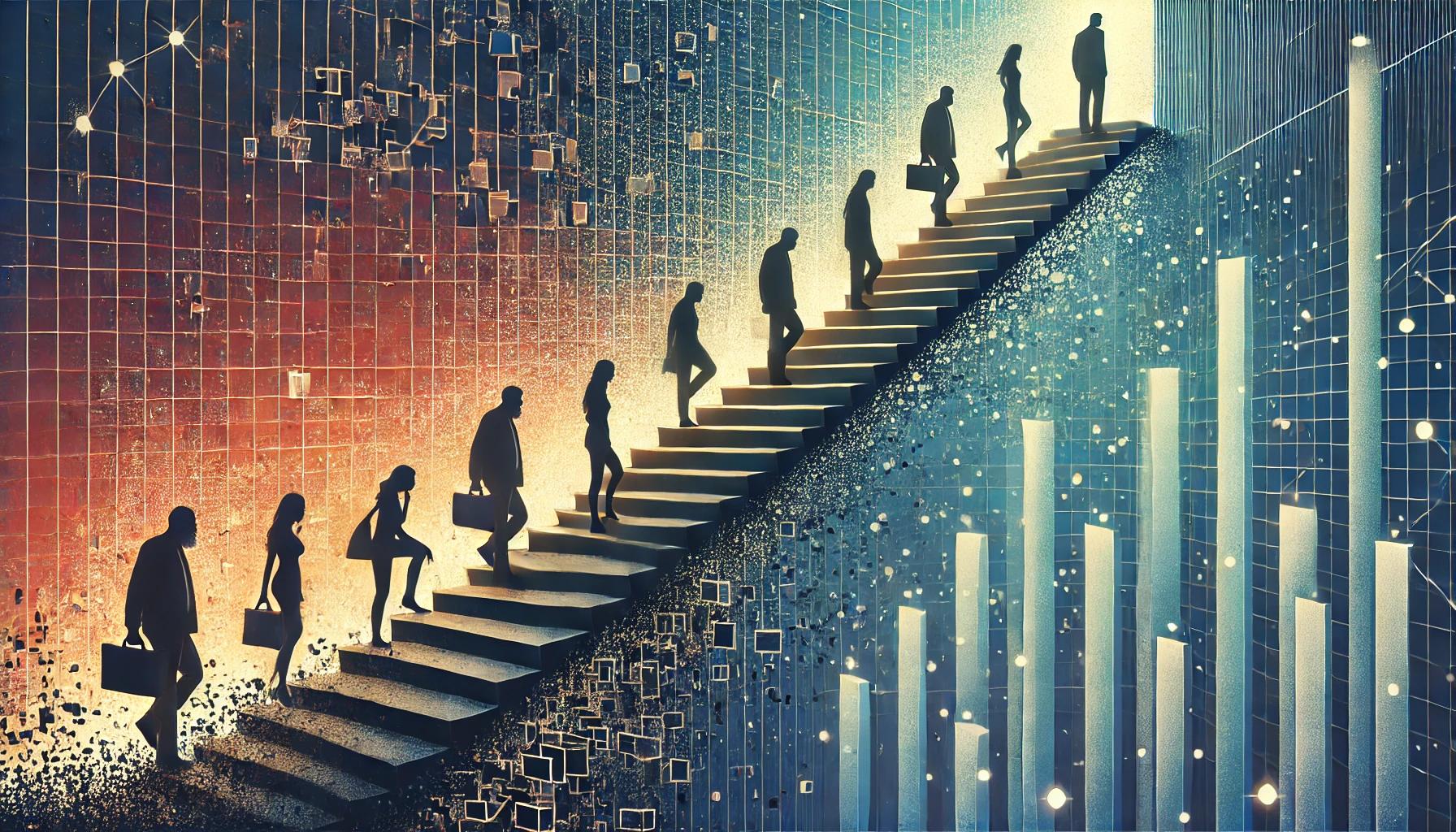Tag: super-rich interest groups
-

Can the real boss Peter Thiel control Donald Trump?
Peter Thiel is one of the most powerful men alive (if you want to sue me, read this). He does not seek the spotlight like Donald Trump, yet his influence stretches further. He built PayPal, seeded Facebook, and operates in elite financial and technological circles. Unlike Trump, he does not crave attention. He wields power…
-

Ethical AI 2: Do you obey it or does it obey you?
Artificial intelligence has embedded itself into nearly every aspect of modern life. It helps people make decisions, guides businesses, and dictates the flow of information. But in this evolving relationship, a fundamental question arises: do people truly control ethical AI, or is ethical AI subtly controlling them? The narrative of AI as a mere tool…
-

Totalitarianism vs. facade democracy
In contemporary political discourse, the distinction between overt totalitarian regimes and covertly controlled facade democracies has garnered significant attention. Julian Assange, the founder of WikiLeaks, has been a prominent critic of these dynamics, highlighting the mechanisms through which power operates in ostensibly free societies. This article delves into Assange’s perspectives, contrasting the explicit oppression in…
-

Multinational corporations and local economies
Multinational corporations (MNCs) are large businesses that operate in multiple countries. They leverage their vast financial and technological resources to dominate global markets. They manufacture goods, provide services, and influence international trade, often surpassing the power of national economies. Their economic strength grants them the ability to manipulate policies, suppress competition, and shape labor markets…
-

USA: Oligarchy or rule of lobbyists?
Oligarchy or rule of lobbyists? The United States presents itself as a democracy. Leaders claim they serve the people. Elections take place, debates happen, and laws are passed. However, real power is not in the hands of ordinary citizens. The system operates through money, influence, and backroom deals. Two forces compete for control. Some argue…
-

Who is Donald Trump? Political complexities
Donald Trump’s rise to power is a paradox. He was elected despite widespread opposition from major interest groups. Since then, he has sought revenge against those who resisted him, consolidating his power at the country’s expense. His erratic, self-serving behavior has made him a controversial figure in American history. Trump clearly desires to be a…
-

Historical connections between banks and intelligence agencies
Banks and intelligence agencies have always shared a complex relationship. While banks control the flow of money, intelligence agencies gather, manipulate, and protect sensitive information. Over the decades, these two institutions have worked together in ways that shape economies, fund covert operations, and influence global power dynamics. Governments rely on financial institutions to channel funds…
-

Economic inequality and mental health
Economic inequality has grown worldwide, creating deep social and financial divisions. As the gap between the rich and poor continues to widen, economic opportunities shrink for many, and psychological well-being deteriorates. Mental health issues, including anxiety, depression, and severe psychiatric disorders, have become more prevalent as a result. In countries with high inequality, mental health…
-

Ethical AI? It cannot be because of the super-rich
Artificial intelligence could change the world for the better. It could expose hidden power structures, dismantle false narratives, and lead humanity toward truth. But the AI that exists today serves a few Big Banks, super-rich families and corporate interests. It reinforces government propaganda, and suppresses free thought. A truly ethical AI—one that promotes knowledge, freedom,…
